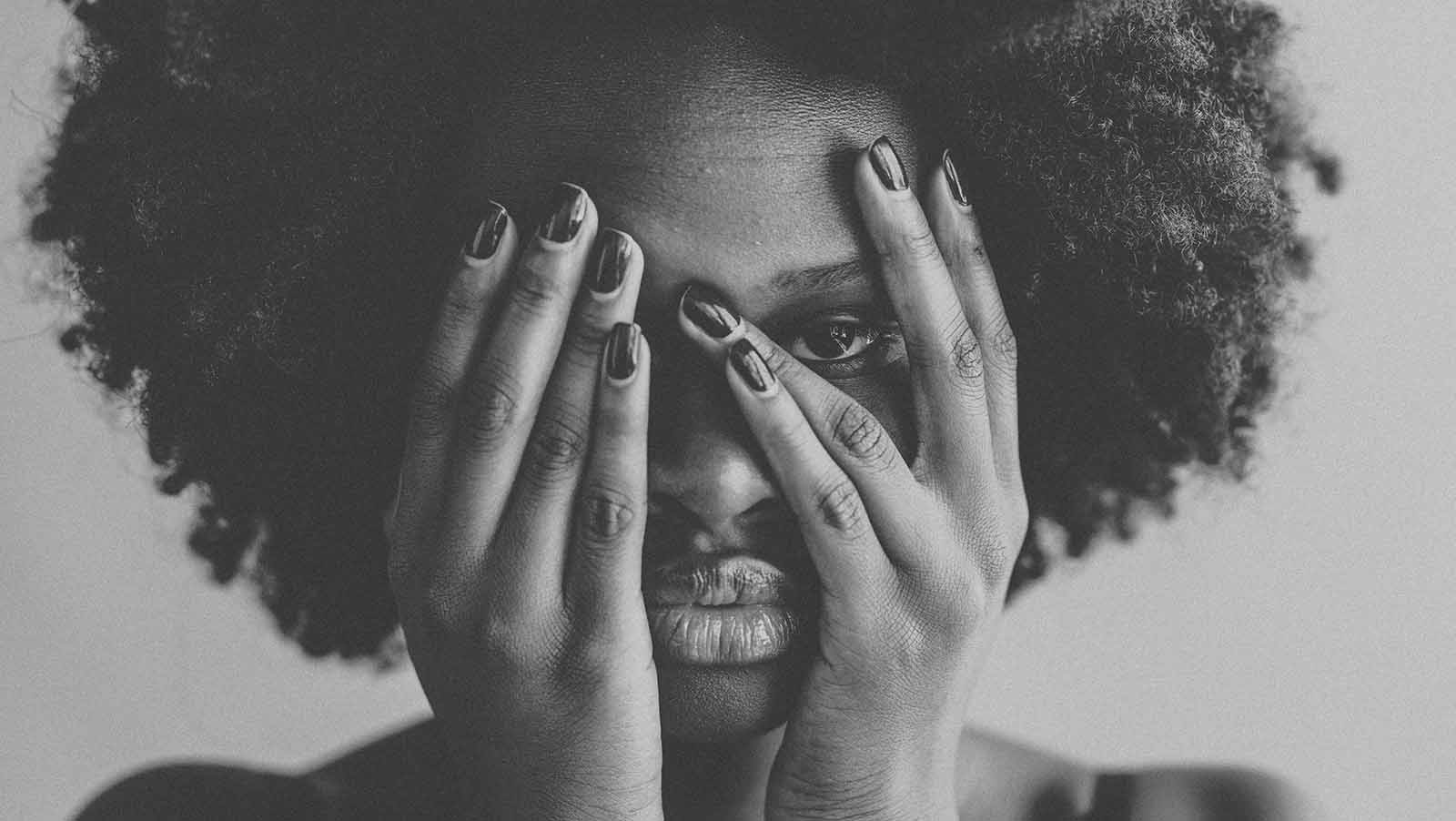7 Tips for Parenting An Adult Child with Bipolar Disorder

If you have an adult child who is struggling with bipolar disorder, you might not be sure how to approach them in certain situations. It is common for people with bipolar to push others, especially those who are close to them, away when they are struggling or when they don’t want to admit that they need treatment. When people with this mental health condition push people away and refuse help, that is when they actually need support the most. Keep reading for tips on how to navigate parenting and supporting your adult child with bipolar disorder.
What Is Bipolar Disorder?
Bipolar is a psychiatric mood disorder and mental health condition that causes intense mood swings as well as changes in behavior, energy levels, and activity levels.
People who struggle with bipolar may feel extremely up or energized (manic) at some points and very down or low (depressed) at others. These periods of time are known as either manic or depressive episodes. Episodes usually last one or two weeks, but can sometimes be longer.
During a manic episode, individuals with bipolar may experience:
- Feeling elated
- Being wired or more active
- Having a short temper
- Talking very fast
- Needing less sleep
- Feeling unusually important
- Doing risky things that show poor judgment
On the other hand, depressive episodes may include:
- Feeling hopeless or worthless
- Isolating yourself from others
- Talking very slowly
- Sleeping too much
- Having little energy
- Eating too much or too little
- Having lack of interest in hobbies
- Inability to do simple tasks
In some cases, a person with bipolar disorder may go through symptoms of a manic episode and a depressive episode at the same time. For example, people with this disorder can feel both isolated and energized at once. This experience is known as a mixed episode.
Signs That Your Adult Child Is Bipolar
Do you think that your child may be bipolar, even though they haven’t received a diagnosis? There are some general signs to look out for if you’re suspecting that they might be struggling with this mental health condition. First, pay attention to what they are doing when they’re with you and when they’re with their friends. Individuals with bipolar disorder display behaviors like going out and partying for days in a row without sleep, keeping to themselves during family events, changing moods without warning or explanation, or using substances to self medicate.
Certain individuals are also more at risk for developing this disorder than others. Bipolar disorder is most common among individuals who are about 25 years of age, have a close relative with the condition, or went through traumatic and stressful life experiences.
How To Deal With A Bipolar Adult Child
After your child receives a diagnosis, treatment and recovery can begin. While you cannot necessarily cure bipolar disorder, you can manage symptoms if you have a strong support system and are committed to the treatment process.
Here are some ways to be there for your bipolar adult child:
- Try to have a supportive and friendly relationship with them while still giving them space.
- If you see worrisome behavior, point it out in a sensitive and compassionate way.
- Remember that your child’s choices are not your fault. You can’t control their actions.
- Keep open and non-judgmental communication with your child. Let them know that their well-being is your main priority.
- Learn as much as you can about the disorder to understand what your child is going through. Take an online course or ask your child’s doctor for educational resources.
- Get counseling or therapy for yourself. You cannot successfully take care of your child if you are not able to practice self care and manage your own mental health.
- Give and maintain boundaries. While it may be hard to set boundaries with your child, it will help both of you keep the distance you need to work on yourselves individually.
To follow along in your child’s treatment journey, ask them to name you as their personal representative. Doctors and other specialists will communicate with personal representatives about all updates and options.
Bipolar Disorder Treatment Methods
Your child’s doctor or psychotherapist should be able to create a treatment plan that best suits their needs. Most people who struggle with this disorder use a variety of treatment methods. These methods may include certain medications, psychotherapy, Electroconvulsive Therapy (ECT), and more.
If you’d like more tips on how to help your child with bipolar disorder, our team of mental health representatives at Elium Health are here to answer any questions and offer advice. Give us a call at (215) 714-6027 or visit https://www.eliumhealth.com/ to learn more about this condition and your treatment options today.
Sources
https://medlineplus.gov/bipolardisorder.html
https://www.healthcentral.com/slideshow/parenting-grown-child-with-bipolar-disorder
https://successtms.com/blog/how-to-cope-with-grown-child-with-mental-illness
Get Started Now
Contact Elium Health today for In-Person and Telehealth Appointments.